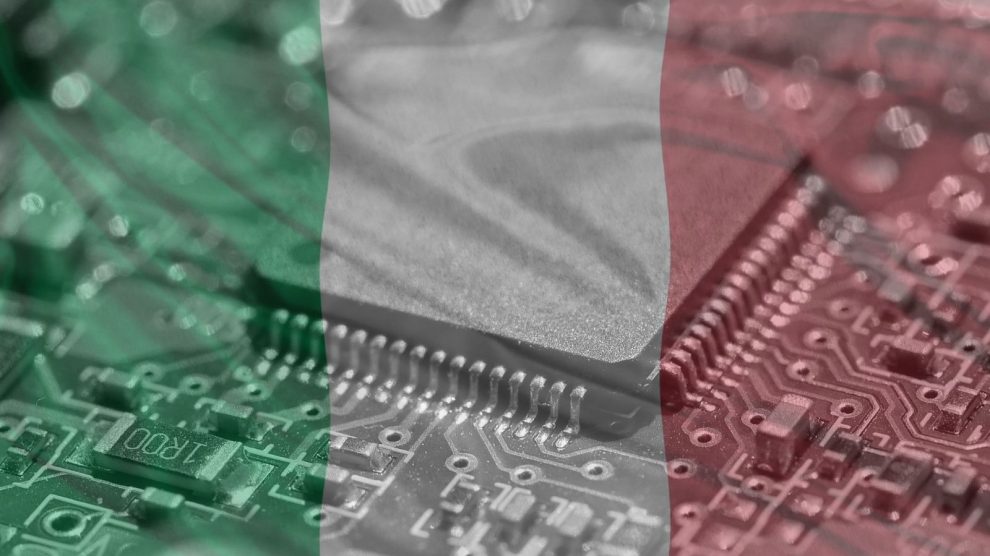There’s more Italian chip tech going around. The authors of Elsevier’s latest paper, “Semiconductors Chips: What published academic research can tell us,” undertook to chart the world’s chip industries and how much countries have contributed to them over the past twenty years. And numbers show a decisive spike in Italy’s weight in the sector.
A step back. As of 2017, European countries had produced roughly 104,000 academic articles (more than half of which were published as part of international collaborations), trailing China’s State-fostered first place but confirming the Old Continent’s established role as a major chip research hub.
- As for patents, Germany remains the European country with the largest portfolio, although it has decreased in size and competitiveness in recent years. The UK and France are second, although all three countries (along with most European countries) have experienced a decrease in output.
Up and coming. Italy, on the other hand – and despite having a smaller portfolio – has seen its level of competitiveness increase. Milan’s Politecnico is the first Italian university with 1220 publications, ranking fifteenth. And defence titan Leonardo is the first Italian company to appear among the 100 most prolific European companies, coming in 42nd.
Towards an Italian Chips Act. Amid a wider economic drive to bolster homegrown and friend-shored chip design and production, the Italian government intends to make its high-tech branch more competitive and stimulate growth in the sector through an upcoming reform, the Chips Act, announced this week by Prime Minister Giorgia Meloni.
- Enterprise Minister Adolfo Urso, who had anticipated the news, said on Monday that he intends to table a national microelectronics plan at a Council of Ministers meeting in early August, before the summer break.
- He said the plan will help to make Italy into the “ideal place to invest in the digital economy and the green transition.”
- Italy’s Chips Act is likely to build upon the EU’s own Chips Act, which mobilises €43 billion (although the Commission recently raised the figure to €100 billion) to bring back manufacturing to Europe.





